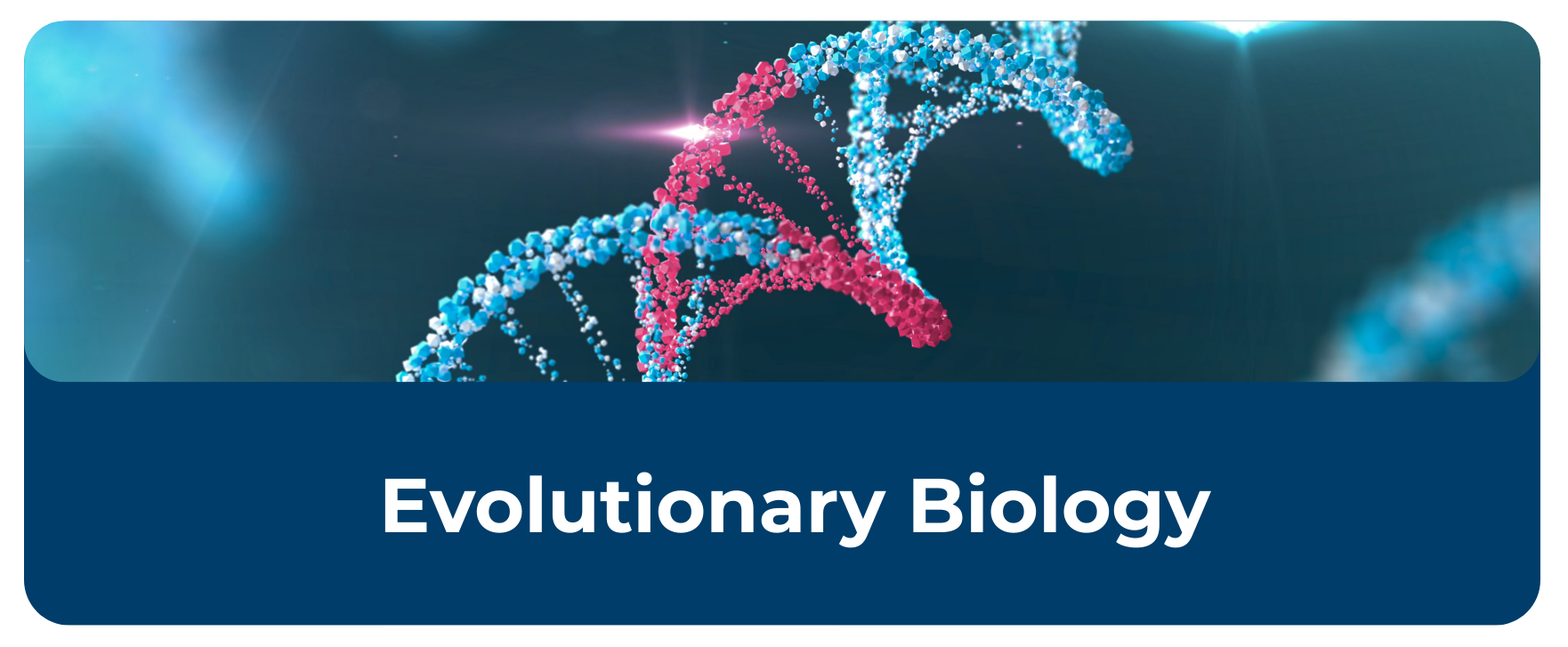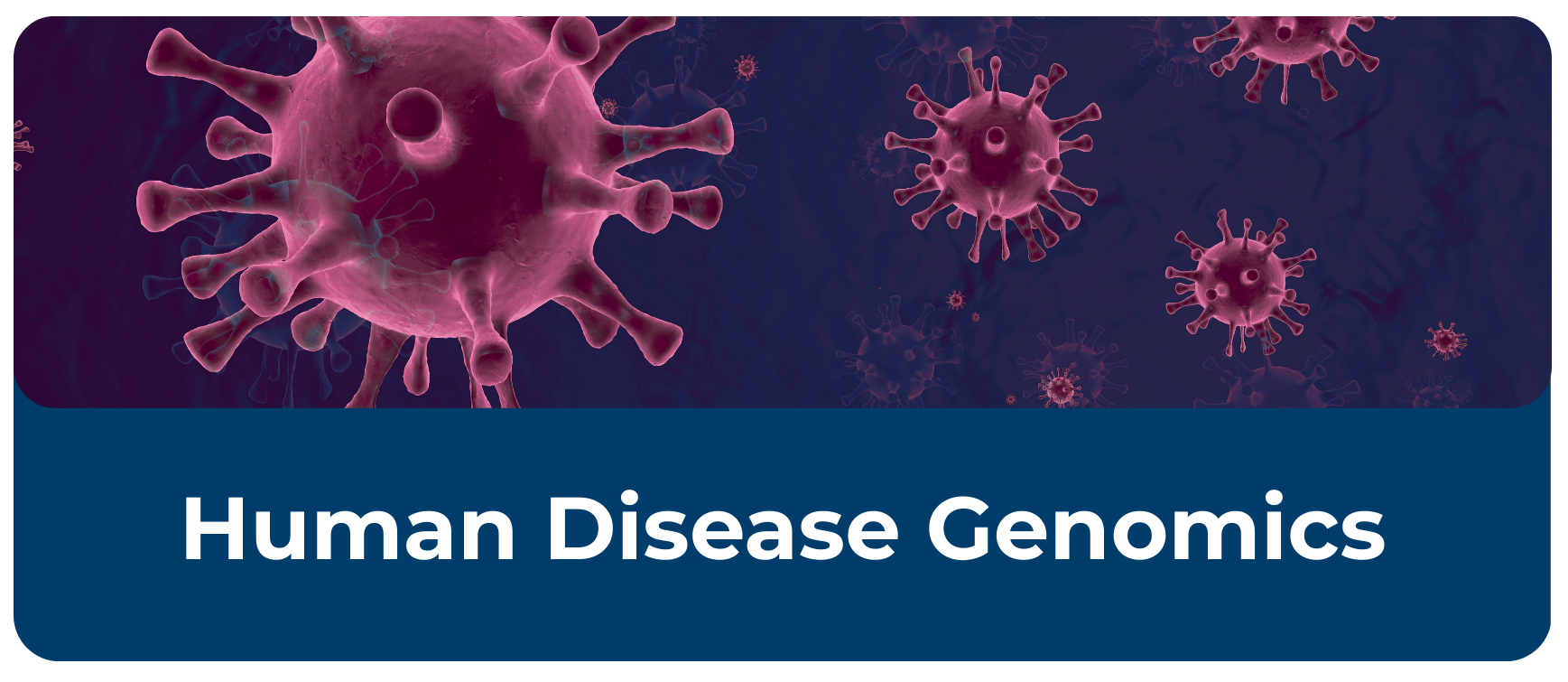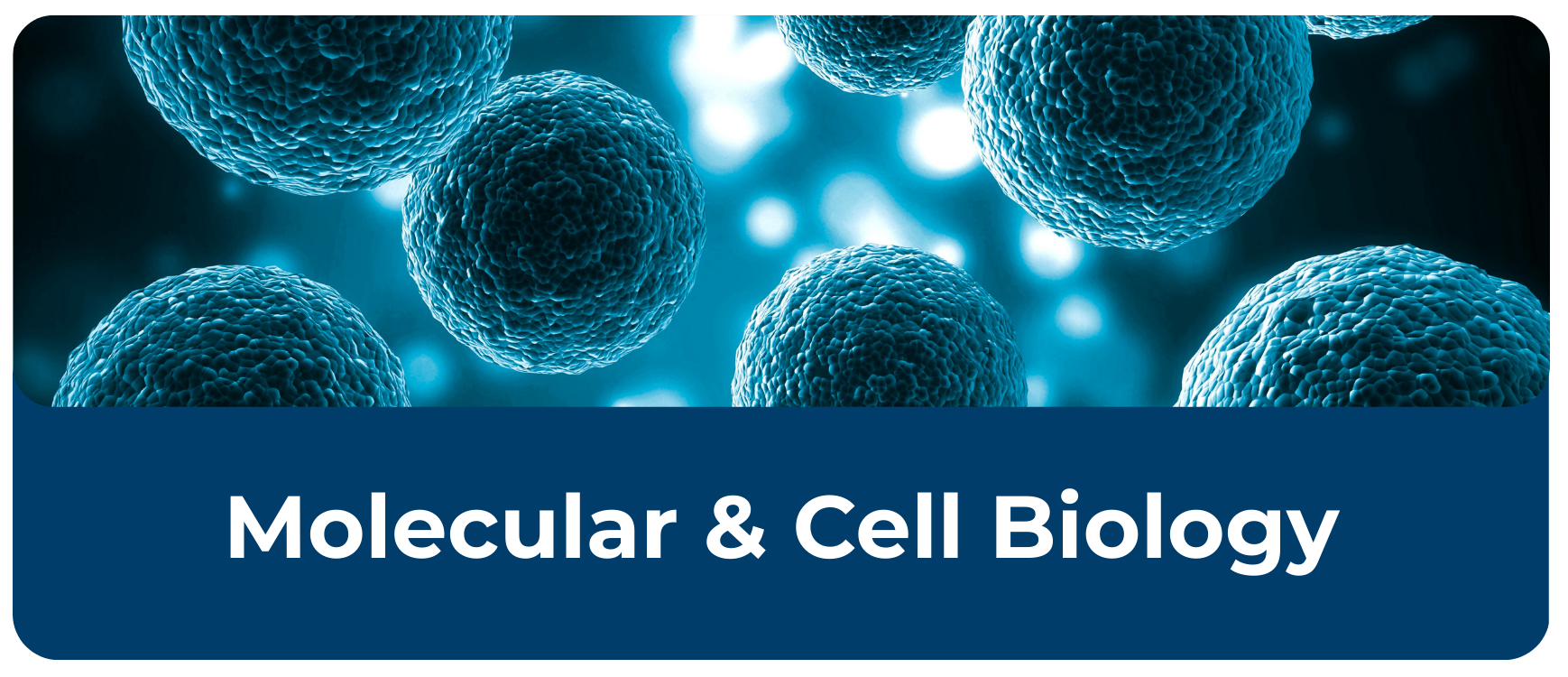Research
Our prime intellectual mission is to promote the development, implementation, and application of analytical and computational methods to foundational questions in the biological and medical sciences.
Research
Our prime intellectual mission is to promote the development, implementation, and application of analytical and computational methods to foundational questions in the biological and medical sciences.
Research Areas
The research programs of the Core Faculty in CCMB lie fundamentally at the intersection of computer science, evolutionary biology, mathematics, and molecular and cellular biology.

The Ramachandran Lab
Sohini Ramachandran, Hermon C. Bumpus Professor of Biology and Data Science, Professor of Computer Science
Determining the causes and consequences of human genetic variation using population genetics, statistics, and evolutionary theory. Research in the Ramachandran lab addresses problems in population genetics and evolutionary theory, generally using humans as a study system. Our work uses mathematical modeling, applied statistical methods, and computer simulations to make inferences from genetic data.
Highlights:
- Computational Biology graduate student Shevaughn Holness awarded NSF Graduate Research Fellowship
- Sohini Ramachandran is one of the 2024 US National Honorees for the Blavatnik Awards for Young Scientists.
- Two Brown researchers earn top White House award for early-career scientists
- New software helps detect adaptive genetic mutations
The Weinreich Lab
Daniel Weinreich, Professor and Chair of Ecology, Evolution and Organismal Biology
The Weinreich Lab uses complementary theoretical and experimental methods to study how genetic novelty fuels evolution by natural selection. Current research interests include the evolutionary consequences of interactions among mutations and the evolution of a broad class of modifiers mutations.
Highlights:
The Huerta-Sanchez Lab
Emilia Huerta-Sanchez, Associate Professor Ecology, Evolution, and Organismal Biology, Director of the Center for Computational Molecular Biology
Integrating theoretical, computational and statistical modeling to address questions in human evolutionary biology. Current research interests involve scanning human genomes from different populations to detect mutations in genes that have helped humans adapt to different environments like different diets, temperatures, pathogens and altitudes.
Highlights:
Sloan Foundation awards early-career fellowships to two Brown scientists
- Extinct human relatives left a genetic gift that helped people thrive in the Americas
The Rand Lab
David M Rand, Stephen T. Olney Professor of Natural History
We are interested in understanding how natural selection acts on genes and genomes. A major focus of the lab is to study the mitochondrial genome and its interactions with the nuclear genome, and how this interaction influences animal performance, evolutionary fitness, and aging. A second major interest is how environmental stressors influence the genetic composition of populations. The goals of our work are to identify the genetic interactions that allow organisms to adapt to environmental heterogeneity.
Highlights:

The Bailey Lab
Jeffrey Bailey, Mencoff Family Associate Professor of Translational Research, Associate Professor of Pathology and Laboratory Medicine
The Bailey Lab studies the role of genetic variation in immunity and disease from the perspective of both the host and pathogen. Current research areas include Malaria & Parasitology, Burkitt Lymphoma & EBV, and Genomics & Genetics.
Highlights:
Siddle Lab
Katherine Siddle, Donna McGraw Weiss and Jason Weiss Assistant Professor of Molecular Microbiology and Immunology
Katherine Siddle is interested in how pathogens (in particular viruses) emerge, spread and evolve, and the selective pressures this places on infected hosts. To address these questions, Katie's research integrates the analysis of large biological data sets, experimentation and fieldwork to investigate the genetic diversity of emerging viruses and the role of host and pathogen genetic variation in disease severity.

The Larschan Lab
Erica Larschan, Associate Professor of Molecular Biology, Cell Biology and Biochemistry
How are global and gene-specific transcriptional regulatory signals integrated to precisely regulate genes? We combine genomics, genetics and computational biology to reveal new mechanisms which coordinate gene regulation across eukaryotic species.
Highlights:
The Fairbrother Lab
William Fairbrother, Professor of Biology, Department of Molecular Biology, Cell Biology & Biochemistry
The Fairbrother lab seeks to understand the mechanisms of RNA splicing and regulation. Our lab uses a combination of computational biology and high throughput genomics techniques to identify functional elements in the genome. We seek to understand recognition events important in gene expression (i.e transcription and RNA splicing).
Highlights:
The Neretti Lab
Nicola Neretti, Associate Professor of Molecular Biology, Cell Biology, and Biochemistry, Associate Director for the Center on the Biology of Aging
Our research group combines genomics and computational biology to study the biology of aging and age-associated diseases.

Ma Lab
Ying Ma, Edens Family Assistant Professor of Healthcare Communications and Technology.
Ying Ma's research interests focus on developing efficient statistical learning methods to address a variety of biological problems and computational challenges in genomics and genetics, particularly single-cell RNA-sequencing, and spatially resolved transcriptomics.
Highlights:
Wu Lab
Zhijin Wu, Professor of Biostatistics
Dr. Wu's research focuses on developing statistical methods and softwares for high throughput technologies such as DNA microarrays, second generation sequencing and high throughput screening assays. Recent topics of methodological development include methods for differential expression and normalization in RNA sequencing data, cross platform data combination of microarray and NGS, social network models in gene set analysis.
Highlights:
Istrail Lab
Sorin Istrail, James A. and Julie N. Brown Professor of Computational and Mathematical Sciences
Professor Istrail's current research focuses on SNPs and haplotypes and genome-wide association studies (GWAS), the regulatory genome and gene regulatory networks, and protein folding algorithms; algorithms and computational complexity; and statistical physics.
Highlights:

Singh Lab
Ritambhara Singh, Associate Professor of Computer Science and Data Science
The Singh lab research lab develops machine learning methods with the goals of data integration and model interpretation for biological and biomedical applications.